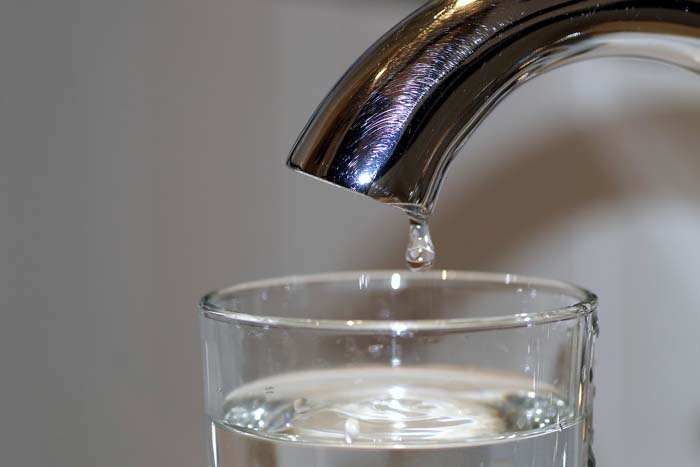
In the event that you are looking to filter the water coming into your house but are on a tight budget, installing a DIY water filtration system will do. It can help eliminate numerous impurities from your water supply, and while it may not be as high-performing as commercially available filters, it’s still better than nothing. A big plastic barrel and a few other materials will work well to construct a DIY water filtration system.
Steps to making a DIY water filtration system
You’ll need these items
- Gravel
- Tubing
- Large plastic barrel
- Shovel
- Sand
- Knife
Wash your sand and gravel
If you want your DIY water filtration system to function, you must wash the sand and gravel well. You need to accomplish this before using them to fill the container. You should keep washing the gravel and sand until the water runs clear.
After this point, you may skip letting them dry because you’ll wet them soon enough.
Create connections in the container
Prepare some hard tubing; its length should equal the barrel’s diameter. In order to make it resemble a flute, use the knife to carve out holes along one side. Make sure the tubing can fit through the hole you cut out at the base of the barrel. Make sure the tubing’s holes are facing up as you insert it into the barrel.
In this way, the water in the barrel will be able to empty into your water supply. If the holes are too big, sand and gravel will be able to squeeze through.
Filling the container
The next step is to add gravel and sand to the container. Before you do anything else, fill it with water. This will make it much simpler to disperse the sand uniformly and avoid clumping. These are two issues that might compromise the efficiency of the filter.
The first one is gravel. Fill the barrel with gravel until it is several inches deep. You should start with the largest gravel pieces and work up to the finer gravel.
The next step is to begin adding sand. Use multiple thin layers, and let each one dry completely before proceeding to the next. Doing so will lessen the likelihood of distributional inequalities, which can be problematic in the long run. Keep filling it with sand until there’s hardly room for water at the top, which should be about a few inches.
Additional Tips
Keep your slow sand filter from freezing. Because of this, it will be useless. Depending on your connections, it could harm the connections as well.
In order to keep your filter working properly, you need to clean it occasionally. Slightly stirring the sand until a film of dirt appears on the water’s surface is the best way to do this. Carefully scoop out as much sand as you can without disturbing it.
The layers in your filter will become mixed up if you shake it too much, rendering it ineffective. You will now need to construct it from the ground up. To avoid damaging the top layer of sand, handle it with care.
Is it cheaper to filter your own water?
If you want to provide your family with clean, tasty water without breaking the bank, it is best to install a DIY water filtration system in your main water supply.
Safest method to purify water at home?
The best, safest, and most common way to eliminate parasites, bacteria, viruses, and other disease-causing pathogens is to boil or heat the water.
Conclusion
Do not take lightly the responsibility of ensuring that you have access to safe drinking water. In addition to guaranteeing access to delicious water, a DIY water filtration system will protect you from various harmful waterborne ailments. With its cutting-edge technology, an RO water purifier is still your best chance to ensure access to clean, safe drinking water, even though other methods exist.
